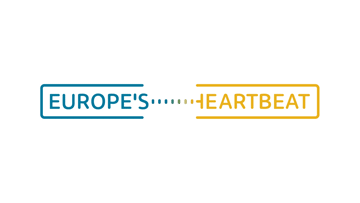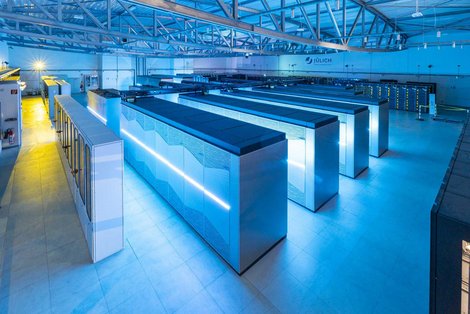Europe's largest computer, JUPITER, is currently being built at Forschungszentrum Jülich. The team of experts led by Dr. Stefan Kesselheim from the Jülich Supercomputing Centre want to use the supercomputer to take artificial intelligence (AI) to a new level and make it more reliable and energy-efficient.
The supercomputer consists of around 6,000 interconnected, very powerful individual computers and has a computing capacity roughly equivalent to that of ten million modern notebooks. The 20-strong research group will use JUPITER to train new AI language models and research materials. The economy will also benefit: Forschungszentrum Jülich is making its results freely available so that new solutions can be developed for end customers. In environmental research, for example, better simulations of the climate of the entire Earth system could be generated, or human organs could be digitally reconstructed for medical research.
With their AI, the researchers want to offer an alternative to other AI applications such as ChatGPT. What sets them apart from the North American competition: The origin of the data is traceable and copyrights are protected. They are also focusing on shorter training times, which will make the calculation of new models more energy-efficient.
Installation and commissioning of the supercomputer is scheduled for later this year.


